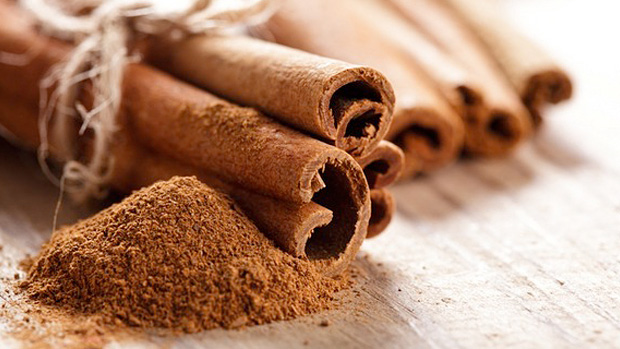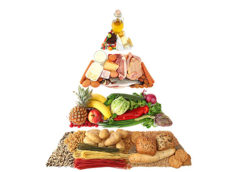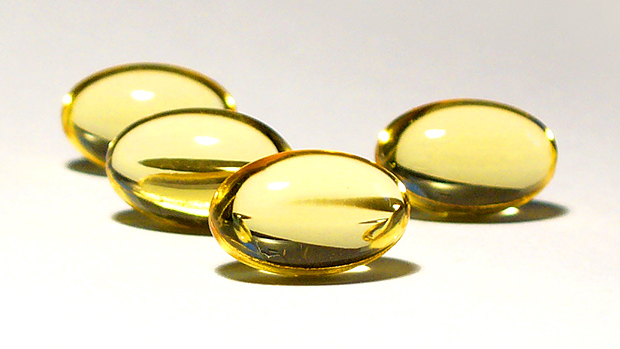Make your body more sensitive to the insulin it naturally releases when you eat. That way you can take advantage of the muscle-building effects of insulin and avoid the fat-gaining effects of producing too much insulin (being insulin resistant). This will help.
Consume More Cinnamon
Beyond spicing up your pumpkin pie, you probably never give cinnamon a second thought. However, the simple addition of cinnamon to your diet has been shown in several studies to...
- Delay gastric emptying
- Lower blood glucose levels following a meal
- Reduce fasting insulin
- Make up for temporary insulin resistance due to lack of sleep
To reap the glucose-controlling benefits of cinnamon you'll need to use 3-6 grams (approx 2-3 teaspoons). Adding a couple teaspoons of cinnamon to your breakfast is a no-brainer, so you have no excuse not to add this to your dietary arsenal.
References
- Hlebowicz J et al. Effect of cinnamon on postprandial blood glucose, gastric emptying, and satiety in healthy subjects. Am J Clin Nutr. 2007;85:1552-1556.
- Solomon T et al. Changes in glucose tolerance and insulin sensitivity following 2 weeks of daily cinnamon ingestion in healthy humans. European Journal of Applied Physiology. 2009;105:969-976.
- Hlebowicz J et al. Effects of 1 and 3 g cinnamon on gastric emptying, satiety, and postprandial blood glucose, insulin, glucose-dependent insulinotropic polypeptide, glucagon-like peptide 1, and ghrelin concentrations in healthy subjects. Am J Clin Nutr. 2009;89:815-821.
- Jitomir J et al. Cassia Cinnamon for the Attenuation of Glucose Intolerance and Insulin Resistance Resulting from Sleep Loss. Journal of Medicinal Food. 2009;12:467-472.





